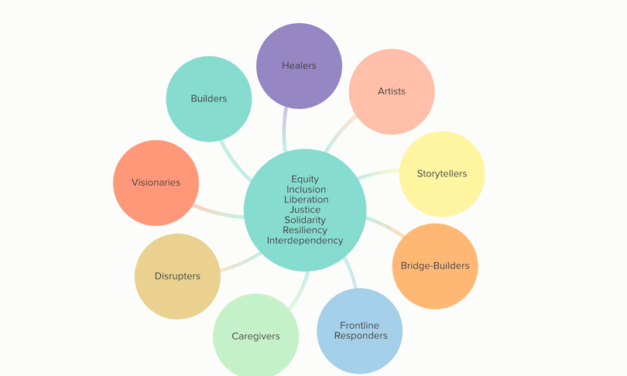Managing the Toll of DEI Work: The Role of Cultivating a Robust Sense of Self
How can we continue to thrive and maintain wholeness while doing this work we care so deeply about, that is so core to who we are, within systems that make it difficult? A study titled ‘African American Women as Change Agents in the White Academy’ by Muriel E. Shockley and Elizabeth L. Holloway specifically explores the experiences of Black Women navigating the racism and sexism in academia, and more specifically, factors that contributed to their capacity to thrive.
Read More

















